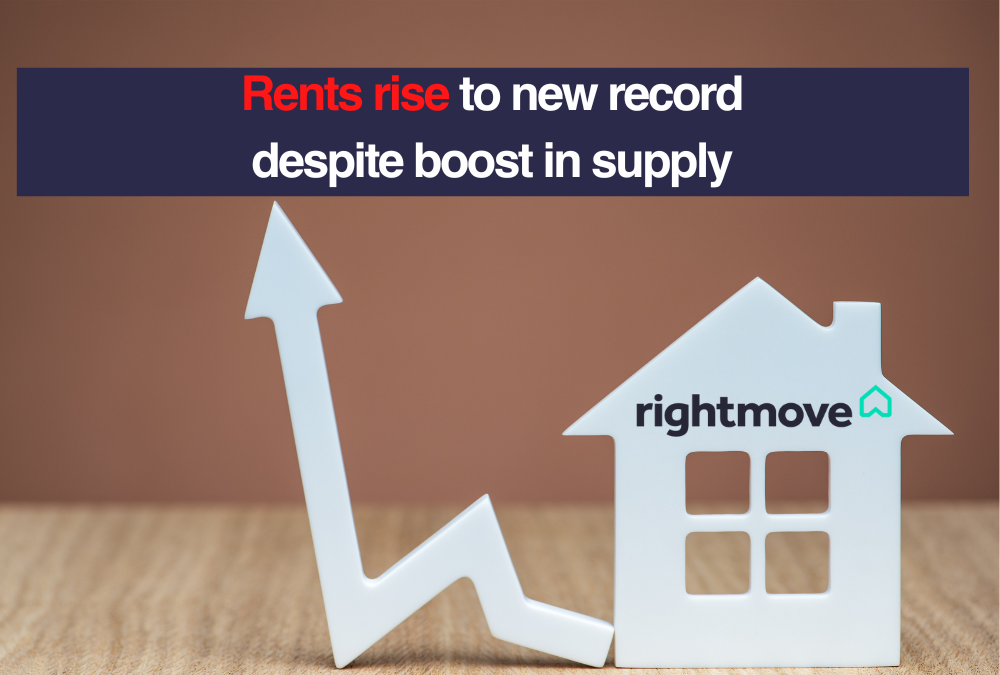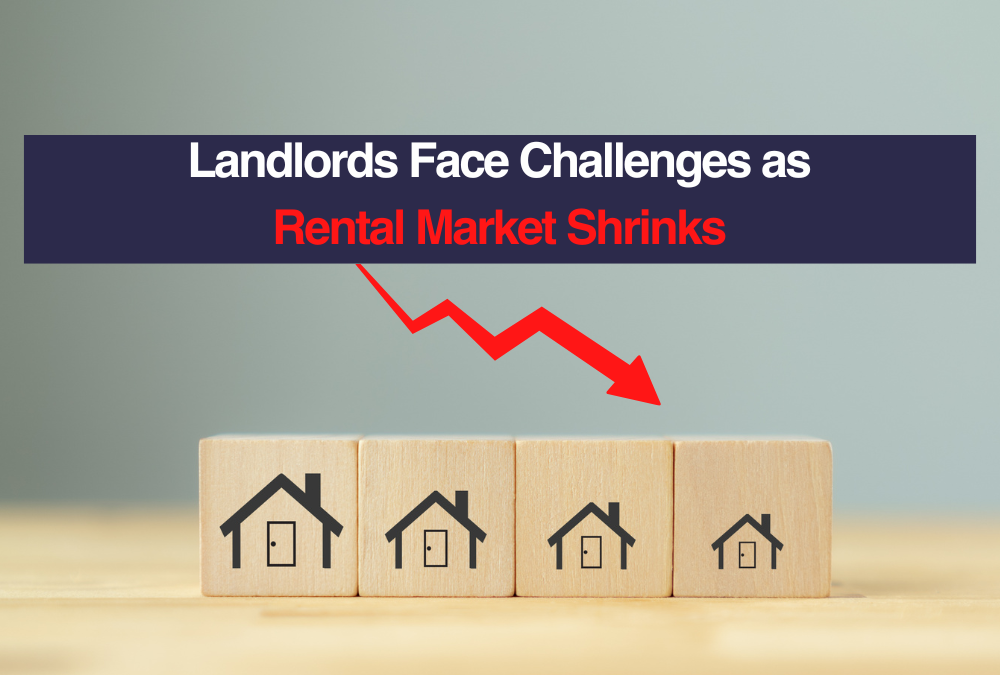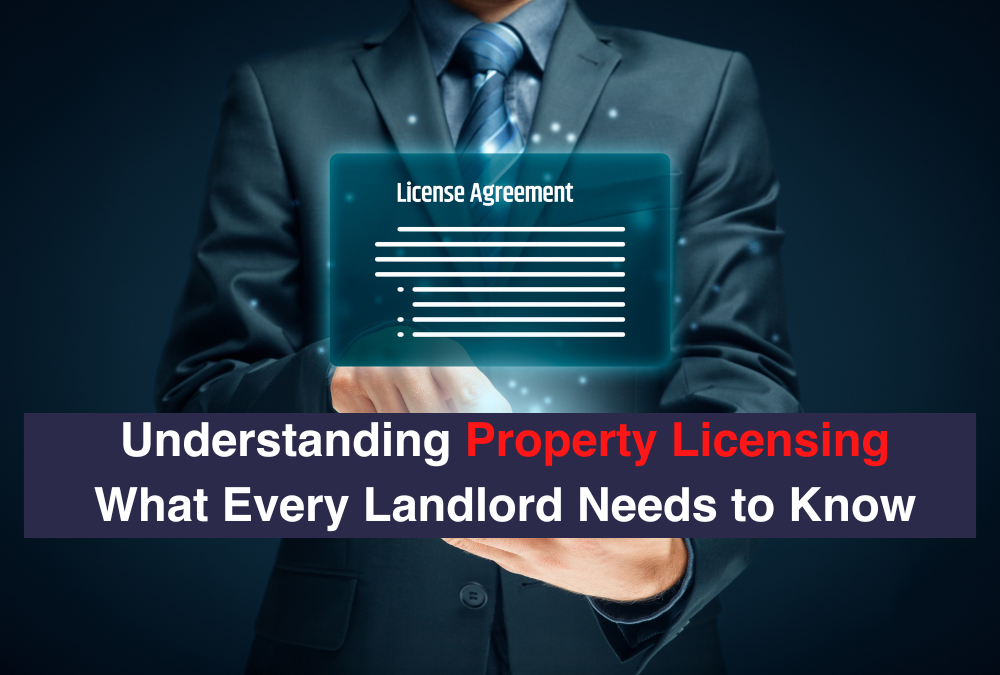Investing in buy-to-let is a huge responsibility and as the number of people living in rented accommodation is set to rise further, demand for new landlords has never been higher.
Due to ever-changing landlord legislation, it is vital that those entering the industry for the first time are up to speed on the latest regulations. To help new landlords understand what is required, we have put together some top tips to set you on the right track.
Tips for New Landlords
Check whether you need a licence
Depending on which local authority your property sits in, you may need to apply for a landlord licence before you can legally rent it out. This system was introduced in 2006 and is in place to ensure all properties are maintained to a high standard. Although the legislation is no longer a new one, it still hasn’t been adopted by all local authorities, so it’s worth checking if you need a licence.
Preparing your property
It’s always worth getting to know the area your property is in. Is it in a student area, near regular transport links or suitable for a family? If your property is close to a university, you should probably furnish it so it is attractive to students looking for somewhere to move straight into. If you are near commuter links, you are more likely to have a young professional or a family who may own furniture already, so unfurnished may be a better option. Being flexible regarding furnishing can also help to ensure you are reaching out to the most people possible.
You should consider if the kitchen or bathroom need to be updated, whether the floor coverings, blinds or curtains need replacing, and if the overall décor needs upgrading. Some improvements such as a lick of paint don’t have to cost the earth but will make the property more attractive to prospective tenants.
Other small things you could consider include replacing lamp shades and checking all the bulbs work, ensuring the doorbell works and making sure there is a functioning aerial point in the living room.
Finding suitable tenants
As a landlord, you will need to reference new tenants to check they will be able to meet monthly rent payments. Horizon Lets will be able to help you with these checks, which include credit eligibility, affordability, employer checks and any references from previous landlords.
You are also legally required to confirm prospective tenants have the right to lawfully live in the UK through Right to Rent checks under the Immigration Acts 2014 and 2016 which our letting agents can also help you with.
Make sure you have a contract in place
A contract protects you, your property and your tenants from anything which could cause a dispute such as rent payments, the deposit, length of tenancy, who lives there, whether your tenants are allowed to keep pets and how the property and its contents should be treated. Horizon Lets can help you produce a legally binding contract and ensure that all parties have signed before the keys are handed over.
Don’t forget about Tenancy Deposit Protection (TDP)
Any deposits taken from your tenants must be protected in one of the Government-authorised Tenancy Deposit Protection (TDP) schemes. You will need to protect the deposit within 30 days of receiving it and provide your tenants with the Deposit Protection Certificate and completed Prescribed Information, as well as the Government’s How to Rent guide – we can do this for you once your tenants have moved in.
If the deposit is not registered, you won’t be able to evict your tenant if you felt the need to. You may also be ordered to return the full deposit and be given a fine of up to three times the value of the deposit. In order to support any proposed deductions from the deposit at the end of the tenancy, we recommend that an Inventory and Schedule of Condition are completed at the beginning and end of the tenancy for comparison.
Check your property’s Energy Performance Certificate (EPC)
Your property must be at least EPC band E before letting it out, so if it does not meet that standard you will need to raise its rating through methods like upgrading the boiler, adding insulation or replacing windows and doors. You also have to serve your tenants with an EPC. If you arrange a tenancy without ensuring your property is up to these standards, you could be fined up to £4,000.
Carry out safety checks before any tenant moves in
It is your responsibility as a landlord to ensure your property is safe for your tenants. As part of this, you are legally required to get all gas appliances checked by a Gas Safe registered engineer every year. You must then provide tenants with a Gas Safety Certificate within 28 days of the annual check taking place.
You also need to ensure there are working smoke alarms fitted on every storey of the property from the start of the tenancy agreement, and carbon monoxide detectors must be in any room where solid fuel is used. Both alarms must be tested on the first day of the tenancy to ensure they work correctly. Though it’s not compulsory, it’s also recommended to install carbon monoxide detectors wherever gas appliances are present in the property.
Maintain the property during the tenancy
If you have an agent such as Horizon Lets managing the property on your behalf, ensure contact details have been exchanged at the beginning of the tenancy. If you’re managing the tenancy yourself, be clear about the best way to reach you, and how long your tenants should be expected to wait for a response on both basic repairs and more urgent issues.
Keeping on top of any maintenance is the best way to ensure an amicable relationship between you and your tenants. It also means that there should be less work to do when the tenant leaves and you prepare the property for the next tenancy.
Let your tenant know about inspections
Although it’s your property, it’s illegal and classed as trespassing if you enter the property without your tenants’ permission. If you want to inspect the property, best practice is to give your tenant 24- or 48-hours’ written notice, and this should be stipulated in the tenancy agreement at the outset. If you don’t receive a response, you shouldn’t enter the property.
Remember landlord insurance
If you don’t inform your insurer that you’re renting a property out, you risk invalidating your buildings insurance. Most standard policies don’t provide the protection you require as a landlord, so it’s worth taking out specialist landlord insurance. A good policy will cover loss of rent, damage, legal expenses and liabilities.
Samantha Measham, Business Development Manager, at Horizon Lets comments:
“With so many landlord legislations, it’s worth ensuring you know the basics before marketing your property. Letting your property is a big decision so it is really important that you understand and appreciate what being a landlord includes. Failure to do so can result in very large fines and potential prison sentences.
“By working with a professional agent such as Horizon Lets, you can rest assured that you’re compliant as we do all the work for you.”
Related Articles
- Landlord’s Guide to Letting Property
- Our Top Tips for Landlord Cashflow Management
- Lawful and Unlawful Discrimination – Tenants & Landlords
- Landlord Responsibilities – Gas Regulations
- Data Protection – Our Guidance for Landlords








